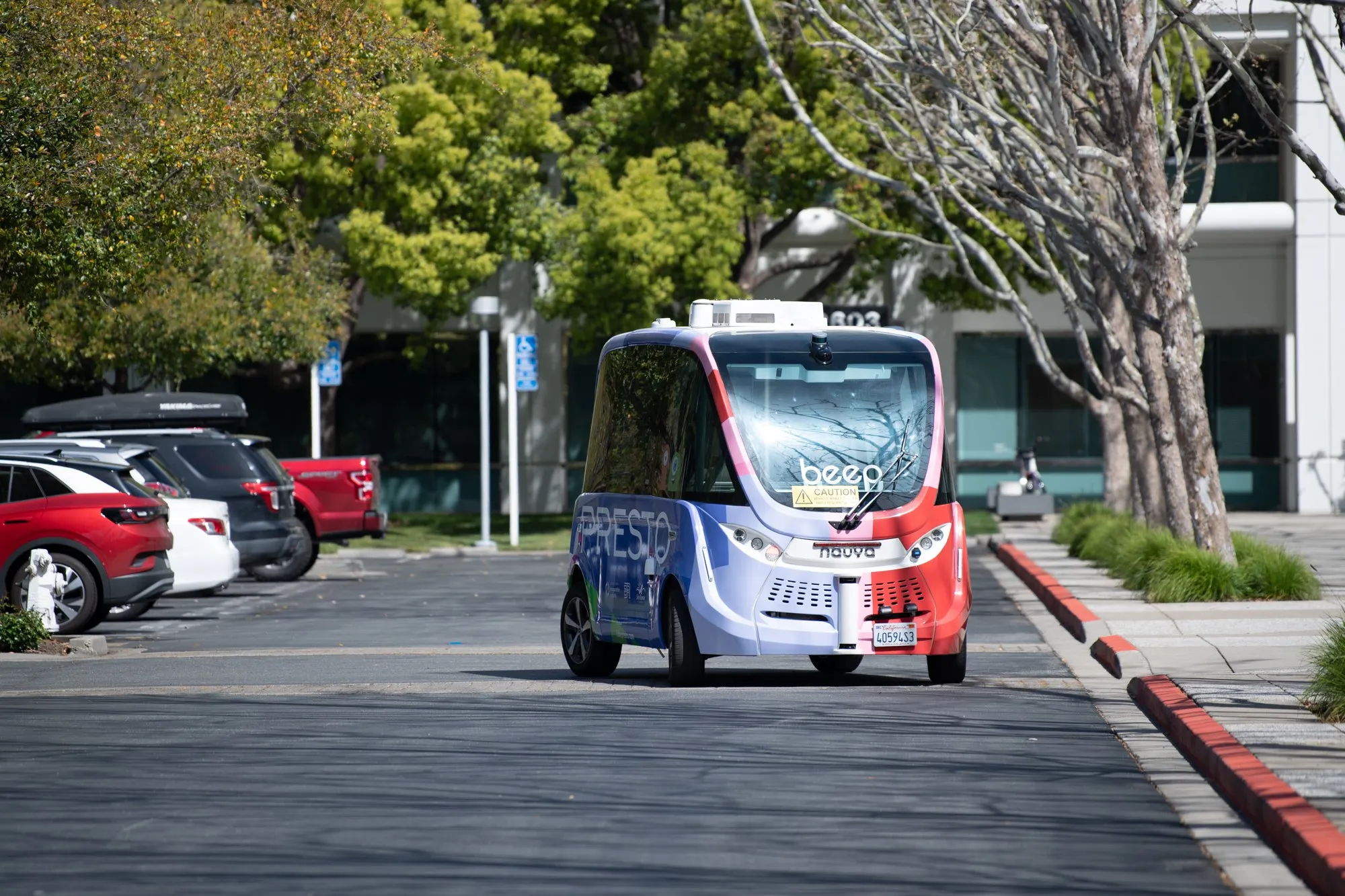The I-80 SMART Corridor uses Parsons’ technology for incident management, adaptive ramp metering, system integration along the interstate and local roads, and traffic information message signs. The communications network proactively manages traffic and shares information among transportation agencies and local jurisdictions.
It is a joint project of the
CTF award for Parsons’ I-80 SMART Corridor Project
Parsons recently received the Operational Efficiency Project of the Year award from the California Transportation Foundation (CTF) for the I-80 SMART Corridor Project that uses Parsons’ intelligent transportation system technology to maximise safety and efficiency of one of the busiest transportation corridors in the Bay Area of California.
June 9, 2017
Read time: 1 min










